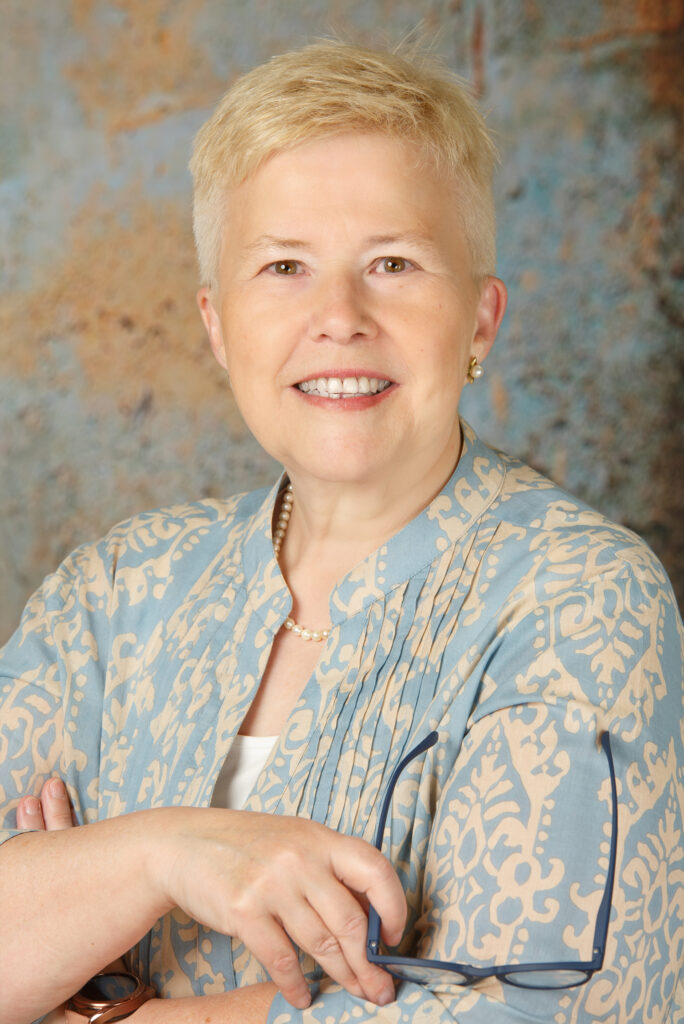c:o/re short-term Senior Fellow (03/2023)

Ulrike Felt is Professor of Science and Technology Studies at the University of Vienna. Her research focuses on governance, democracy and public participation, on shifting research cultures and on time/future in research and society. Across these areas she has been also exploring the impact of digitalisation and digital practices. She was editor-in-chief of Science, Technology, & Human Values and of the 4th Handbook of Science and Technology Studies (MIT Press). From 2017-2021 she was president of the European Association for the Study of Science and Technology. She is currently finishing two book projects, one on “The politics of time in academic research” (Palgrave) and an Encyclopedia of STS (Edward Elgar; together with Alan Irwin). She also started in 2023 her ERC Advanced Grant project on “Innovation Residues – Modes and infrastructures of caring for our longue-durée environmental futures.”
Innovation Residues – Modes and Infrastructures of Caring for Our Longue-Durée Environmental Futures
“Innovate or die”—this slogan has taken hold of our societies over the last decades. Innovation is staged to assure our future and thus deserves unconditional support. What if we break with this dominant innovation narrative and reverse our perspective? What if we try to understand pasts and futures of innovation societies through investigating how they deal with and care for the left-behinds, the residues, of innovation?
The project “Innovation Residues – Modes and infrastructures of caring for our longue-durée environmental futures” makes residues the main protagonists of our stories of pasts and futures of innovation societies. They profoundly shape human lives as they stay with us for a long time–well beyond moments of production and consumption, and well beyond the time horizons considered when assessing the worth of innovations. Residues are thus material witnesses to culture and practice of innovation, to diverse politics at work, and to the limited attention to long-term sustainable futures in a world predominantly shaped by short-term impact thinking. The project then investigates how societies conceptualise, make sense of, live with, and care for innovation residues, and how this shapes their relations to innovation. Studying innovation societies through the complex networks and manifestations of residues, INNORES opens up new perspectives on how local choices and global impacts relate, on intergenerational justice and responsibility, on whose future imaginaries, values, and knowledges count when making choices, on how benefits and risks are distributed, and on modes and infrastructures of care for environmental futures.
INNORES engages with three very different kinds of residues and their developmental trajectories –nuclear waste, microplastics and data waste (i.e. investigates the environmental impacts of data practices).
Publications (Selection)
Metzler, Ingrid, Lisa-Maria Ferent, and Ulrike Felt. 2023. On samples, data, and their mobility in biobanking: How imagined travels help to relate samples and data. In Big Data & Society, online first. Forthcoming.
Felt, Ulrike, and Sarah R. Davies. 2020. Exploring Science Communication. A Science and Technology Studies Approach. London: SAGE.
Felt, Ulrike. 2017. Living a Real-World Experiment: Post-Fukushima Imaginaries and Spatial Practices of ‚Containing the Nuclear‘. In Experimentation beyond the laboratory: new perspectives on technology in society, ed. by Ibo van de Poel, Lotte Asveld and Donna Mehos, pp. 149-78. London: Routledge.
Felt, Ulrike, Rayvon Fouché, Clark A. Miller, and Laurel Smith-Doerr. 2017. Handbook of Science and Technology Studies. Cambridge, MA: MIT Press.
Felt, Ulrike. 2015. Keeping Technologies Out: Sociotechnical Imaginaries and the Formation of Austria’s Technopolitical Identity. In Dreamscapes of Modernity: Sociotechnical Imaginaries and the Fabrication of Power, ed. by Sheila Jasanoff and Sang-Hyun Kim, pp. 103-25. Chicago: Chicago University Press.

